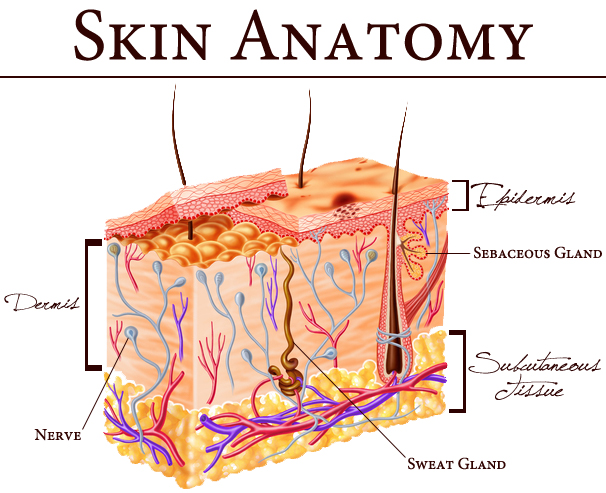Daily skin care tips for summer
For your skin, summer means extra exposure to the UVA and UVB radiation, heat and sweat. Such high exposure of UV radiations can cause sunburn/rashes in very small time.
Read More

For your skin, summer means extra exposure to the UVA and UVB radiation, heat and sweat. Such high exposure of UV radiations can cause sunburn/rashes in very small time.
Read More
Here are some tips that will help you to take care of your skin during themonsoons season.
Read More
In India, winter season causes harsh effects on one’s skin, making it dry,dull & lusterless. Here are some essential tips that women and men should take care of for smooth and healthy skin during this season: Read More